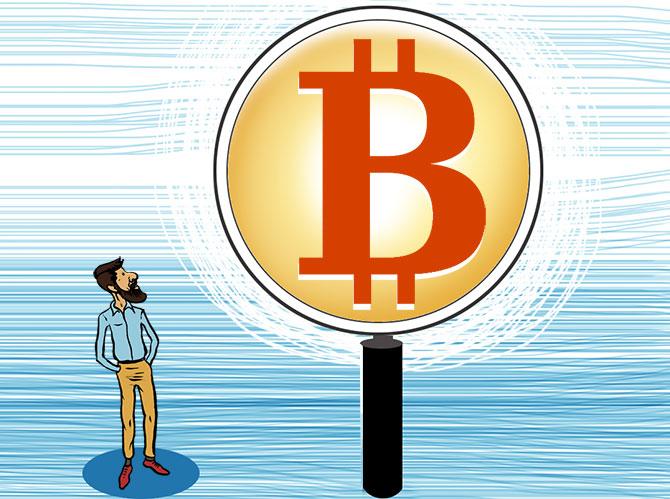International Monetary Fund (IMF) chief economist Gita Gopinath has made a strong case for regulating cryptocurrencies, saying it will always be a challenge to ban them as they operate from offshore exchanges.

Gopinath also suggested a global policy and co-ordinated action for regulating cryptocurrencies.
"I think cryptocurrencies are a particular challenge for emerging markets.
"It seems to be more attractive to adopt cryptocurrencies and assets in emerging economies than in advanced economies," she said while addressing an event organised by the National Council of Applied Economic Research (NCAER) on Wednesday.
India is contemplating bringing a bill in Parliament to deal with the challenges posed by the unregulated cryptocurrencies.
Currently, there are no particular regulations or any ban on use of cryptocurrencies in the country.
"Regulation is absolutely important for the sector (cryptocurrencies and assets)...
"Countries around the world are trying different things, there is obviously challenges to banning (cryptocurrencies and assets)," Gopinath, who is slated to be the first deputy managing director of the IMF early next year, said.
According to the IMF chief economist, no individual country could solve this (cryptocurrencies) problem on its own given the complex cross-border transactions.
"Because a lot of these crypto exchanges are offshore, they are not subject to regulation of a particular country... So, there is a need for a global policy on that front urgently," she observed.
Replying to a question on India's fiscal and monetary policy, Gopinath said India's core inflation is slightly above 6 per cent; so, in that environment, having to make policy, while recognising that the economy is not fully recovered is a major issue.
"India's fiscal policy should maintain its accommodative stance for a few more quarters and after that slowly unwind," the IMF's Indian-American chief economist said, adding that "but do it gradually".
Wholesale Price Index (WPI)-based inflation for the month of November surged to a 12-year high of 14.23 per cent, the highest since April 2005.
CPI inflation for last month rose to a three-month high of 4.91 per cent.
On the Monetary policy front, she said, "We see the reason to remain accommodative at least when it comes to interest rates."
Gopinath, however, emphasised that at the same time, there is a need to keep a close eye on inflation.
According to her, due to the resurgence of the pandemic in the third quarter, the global recovery lost momentum.
"We still have a positive growth, we still have global recovery continuing but with weakening momentum," she noted.
The new COVID variant called B.1.1.529 or Omicron was first reported to the World Health Organization (WHO) from South Africa on November 24.
She noted that one of the positive findings was that though the pandemic has now been prevalent for nearly two years, it cannot be likened to the Great Depression of the early 20th century.
"The impact of the Great Depression was longer and more far-reaching; in contrast, after the COVID-19 pandemic, there has been an economic rebound even if an uneven one," Gopinath pointed out.











 © 2025 Rediff.com -
© 2025 Rediff.com -